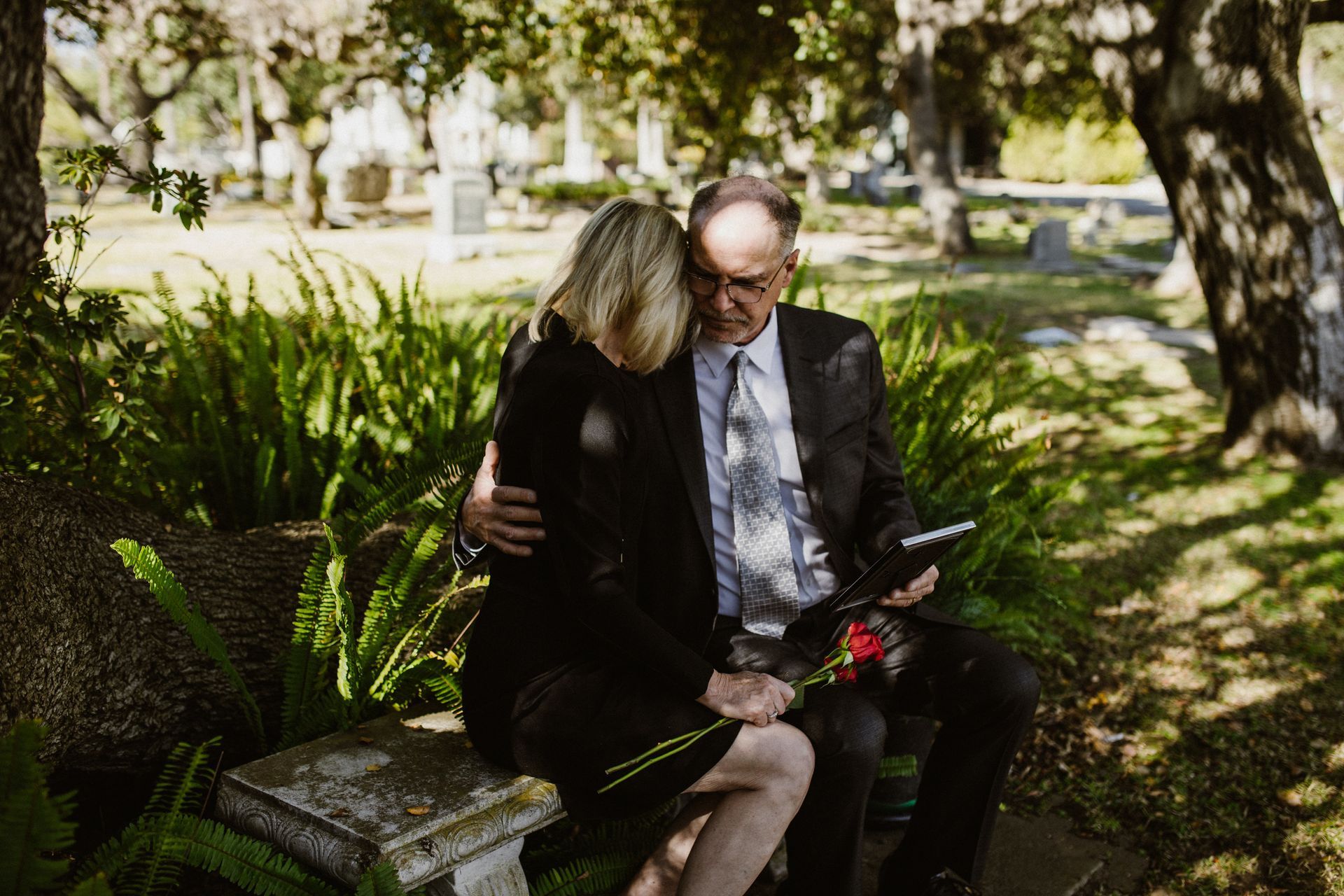How to Write and Deliver the Perfect Eulogy
Tips for Writing and Delivering the Perfect Eulogy
A funeral, memorial service, or wake is the perfect time to remember and honor your loved one who has passed. This is where someone close to the deceased often delivers a eulogy that they have written themselves. While this isn’t a compulsory element of a memorial service, it can be a nice touch to say goodbye to your loved one in a personal way.
What is a eulogy?
In general, the term “eulogy” refers to a speech that praises someone highly. While it is not specific to funerals, this is the setting in which they are most often delivered as a way of praising and celebrating the life of someone who has passed.
How to write a great eulogy
There are no set rules to follow when writing a eulogy. It should be personalized to the person in question, so will likely be completely unique to any other eulogies you’ve heard. If you’re stuck for words, then here are a few tips of what to include:
Tell a story – Think about all of the great experiences you shared with the deceased. Choose one or two stories or memories that you think will be good to share in their eulogy. Look for uplifting stories that highlight the strengths and personality of your loved one.
Mention their achievements – Celebrate what your loved one achieved throughout their life. These may be achievements in school, their career, or their personal and family life.
Express your feelings – A memorial service or funeral is all about the impact this person had on everyone’s lives. So, in the eulogy, you should try to express what that person meant to you or how they changed your life for the better.
Lighten the mood – If you think it’s appropriate, then you might want to add some light humor into your eulogy. Especially if the person you lost was known for their sense of humor and always making their friends and family laugh.
Remember to talk to other close friends and family members to get their input. They may have some great stories to share that you don’t know about.
Tips for delivering the eulogy
When delivering the eulogy, try to speak clearly and confidently. Don’t rush through it or else people might find it difficult to understand your words. You might want to add in pauses where relevant, to give people time to reflect on a story you’ve told, for example. And remember that it’s okay to get emotional during the eulogy. Grieving is an important process for everyone, so don’t try to shut these feelings down.
If you really dislike public speaking, then the person leading the ceremony may be able to give the speech for you.
Do you need support with planning a funeral or memorial service for a loved one? Get in touch with Hayworth Miller for funeral planning and preplanning around Lewisville, Winston Salem, Kernersville, and Advance.










